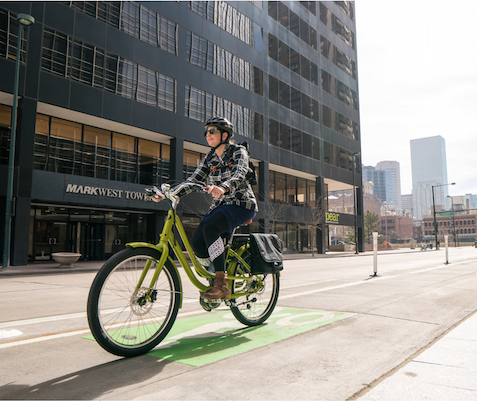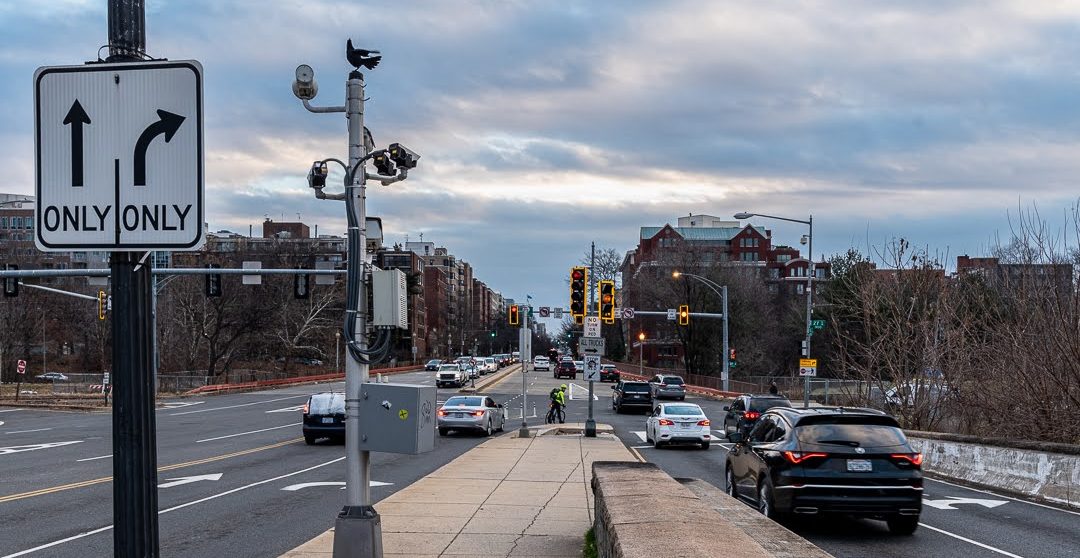They’re doing it in Paris, so why not here?
Lawmakers in France announced last week e-bike owners in the greater Paris area may soon be able to get half the cost of their wheels — up to 500 euros — paid for by the government as part of an effort to boost the eco-friendly vehicles.
In the U.S., federal tax breaks that can knock up to $7,500 off the cost of a new electric vehicle have been available to car drivers for years, but those hoping to upgrade their old 10-speed to an e-bike have always had to pay full boat.
And it doesn’t look like a government windfall is on the way. Presently, there isn’t a hint of federal legislation that would provide tax relief for e-bikes, whose widescale adoption studies say could significantly reduce the amount of greenhouse gases released into the atmosphere.
.@vpecresse : "j’ai décidé de mettre en place une aide jusqu'à 500 € pour l'achat d'un vélo électrique afin de permette à un maximum de Franciliens de se convertir définitivement au vélo après avoir essayé #VeligoLocation." pic.twitter.com/80cJ90Fs1l
— IDF Mobilités (@IDFmobilites) September 11, 2019
“I don’t see anything coming down from the federal government,” Morgan Lommele, the director of state and local policy for the Colorado-based People for Bikes, told Streetsblog. “But we are hoping to get other models in place.”
Those models include a bill passed earlier this month in California that provides vouchers for up to $7,500 toward the purchase of a bikeshare membership, e-bike, or other electric vehicle — provided the purchaser lives in one of three disadvantaged “air quality districts” in the Bay Area, the South Coast, or the San Joaquin Valley.
Lommele added that the now-sunsetting strategy to induce drivers to purchase electric vehicles mostly attracted those looking to add to their fleet of cars.
“It’s not looked at favorably because it didn’t incentivize the right people,” she said, noting that a “cash-for-clunkers” model that demands a trade-in of a car with an internal combustion engine for an electric car would have been preferable.
Where's the Congressional Bike Caucus on the issue? Pedaling in a different direction.
Sean Ryan, spokesman for Rep. Earl Blumenauer (D-Ore.), the caucus's founder and chairman, said his boss is trying to ease bicyclists burden by bringing back — and improving — commuting benefits canceled by the Trump Administration. The Bicycle Commuter Act of 2019, which is now in committee, would let those who ride their bikes to work write off as much as $53 a month in expenses — up from $20 a month before the passage of the Tax Cut and Job Act did away with the program.
That money could technically be used to offset the cost of any new bike, according to the Bike Caucus' Jon Bosworth, but no legislation similar to the electric car credit or the Parisian allocation is in the works.
And even if the feds aren’t going to provide direct relief on new bike purchases, Lommele is hopeful finding ways to save riders money can be done on a state-by-state basis.
“We would love to see something that is able to drive e-bike purchases,” she said.






